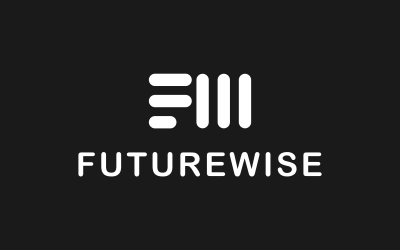Introduction
Change has never happened so fast and it will never happen this slow again, it’s a scary prospect realising that however fast we think things are moving today, this is the slowest it will ever be! In a world with robotics and artificial intelligence looking to replace our jobs and, in a world, where technology has already disrupted many industries it is a good time to start looking up from your business and thinking how can you use this as an opportunity and stop thinking of it as a threat. The future rarely turns out how we think, in 1899 the head of the US patent office was quoted as saying “Everything that can be invented has been invented” and Bill Gates in 1981 famously said “640k kilobytes should be enough for anyone” so predictions may make us look foolish but it should not stop us looking at what the opportunities and threats are for businesses and how we can future proof our business:
Embrace the new world order or die
This is not a time to have your head in the sand. The largest hotel company in the world is now AirBnB and it does not own any hotels, the largest car company is Uber and it does not own any cars, and the the largest publisher in the world is facebook and it does not publish anything. All of these companies are less than 20 years old. No one was sitting in the likes of Hyatt hotels or Hertz Cars letting people know that their biggest competitor would be an app, as back then it just would not make sense. It may not have been possible to see into the future but we should at least take the lessons of these companies and realise that any company that can be disrupted by technology will be. When you hear companies saying “our business is different” you can point them to plenty of other people who thought the same way. Manufacturing is being disrupted by 3-d printing where houses can now be printed in less than day as can some cars. The list goes on whether it is financials services, pharmaceutical or any other sector disruption is happening at a rapid pace.
The first step is to be mindful of the Kodak story. Kodak executive Steven Sasson invented the first digital camera however Kodak never let it see the light of day, fast forward 25 years and Instagram is being bought by Facebook for over a billion dollars and Kodak ceased to exist. Companies need to start by accepting change is happening and spend more time focusing “on” their business and not “in” their business. The advantage everyone has in their own business is they know it so well; however, the disadvantage can be that they are more likely to stick with what is tried and trusted. The time is now to look at how you would and could disrupt your own industry before someone comes and does it to you (not for you!).
Getting the best people
One thing all of these innovations have in common is that it starts with a talented person or team that comes up with the idea, and then incredibly hard to make it work. Companies used to be powerful because they had more land, capital or raw materials now it is all about the talent you have in the room and ideas that come from this talent. Companies need to look around the room especially at the senior level and if it still looks very “male, pale and stale” they should be concerned, The reason diversity is getting so much attention is not just because of the date that it is good for profitability and for innovation but it’s because it give you access to more talent and it also helps you understand better what could be a global customer base. As technology makes the world 24-7 and a lot smaller, we have to realise that to understand our customers we need to think like them and this is very difficult to do if you do not have a diverse talent pool.
Having the best people is great but you also need to listen to what they need. With technology moving so quickly it is now possible to work from anywhere and while there are a lot of benefits in collaboration, having everyone coming in for 9am may not make sense with huge commuting times. Flexibility and remote working are less a technology problem and more a people problem. We have a lot of managers who cannot say the phrase “work from home” without using air quotes as if this is a pretend work environment where they are more likely walking the dog or emptying the dishwasher. The reality is a company needs to trust its employees to be in best place for them to get most done, sometimes the office sometimes elsewhere – but in many organisations there is still a serious lack of trust where presenteeism is rife and not enough focus on productivity.
The final point on talent is companies need to get smarter in how they use technology to hire. Unilever, a company that might have seemed quite traditional has revolutionised its graduate recruitment through use of technology. They use chatbots, video interviewing (where the artificial intelligence not a human made the decision on yes/ no) which has changed their graduation program from 5-month process to just 6 weeks, so it is critical to keep innovating to build quicker ways to source and hire the best people.
The importance of learning
There are many studies and surveys around jobs being lost to A.I. and robotics. The most famous is Frey & Osborne from Oxford predicting 47% of all jobs potentially being displaced by technology. Many of these papers do not give a timeline on this but there is already signs of it happening. If you looked at a map of the U.S. in 1978 and plotted the number one job in each state, you would have a huge variety: farmer, teacher, secretary, machine operator, truck driver or bookkeeper. Roll the clock forward to 2014 when they last looked at this and now 41 of the 50 states has truck driver as the number one job….and we already have some driverless trucks on the road!
Its not just driving jobs, any job that is a routine or a process is liable to be displaced, whether this is an accountant a lawyer a doctor many of these jobs may be taken over by technology, but in reality, it will be more tasks within these jobs not the whole job. What does this mean from employers and upskilling their employees? It will mean a focus on lifelong learning, with the idea of an employee going to school/ college and that being the end of their education being a thing of the past. Many companies are understanding the importance of keeping their staff up to speed but also employees in these companies are more likely to stay with a company who is investing in their future. Just because tasks within a job may go there will always be more jobs and tasks which still need the talent in your organisation as long as they are adaptable to change. So, keep your employees upskilled. Many employers worry that they will train and invest in their staff and then they will leave, well guess what the corollary is also true – what if you don’t invest in them and they stay.
The danger of technology
It is a now a regular occurrence to hear of someone getting knocked down because they were crossing the road while on their phone, or having a car accident because of texting and driving – why would we do this – put simply we are addicted to our screens. There are only two types of suppliers that call their customers users – drug dealers and technology providers and there is an argument that they are addictive as each other. In some countries they now have a pavement split in two with a text lane and a non-text lane – I don’t see this as progress. We now see people “phone-stacking” where they go to a pub and everyone stacks their phones in the middle and first person to take their phone back buys the next round! How does this affect the workplace? Well one of the biggest concerns in the workplace is that employees never switch off as their email and laptop follow them around. On top of this they bring the phone to bed and would generally wake up in the morning and turn to their phone before their partner. We are not giving our brains a break. If you ask people where they get their best ideas, the most commons places they say are the shower, driving, jogging, on a sunbed but never in the workplace or while scrolling through their phone. Innovation works best where we have a rested brain and that is a rarer commodity these days.
Aetna an insurance company pays bonuses to employees who get 30 nights good sleep in a row. Why would they do this – simple their CEO says, rested worker is more creative, more productive and happier – why would everyone now want this sort of employee. Burnout is becoming the new backache and is a huge reason for absenteeism. Some countries like France are trying to regulate technology use from a national level but I believe it is up to employers to allow their employees not to work and take their breaks, as if employees are in any doubt they will work because there is a tacit expectation or because they see their colleagues doing it Having employees answer emails at midnight is not productive and is more likely to have them make a bad rather than a good decision.
Summary:
25 years ago, my mum told me not to get into a stranger’s car and not to talk to anyone on the internet – now we are literally summoning strangers from the street to get into our car – so things are complicated. Technology is incredibly exciting and probably for many a little scary. I am an optimist by nature and while I do believe governments will have to look at tackling some of the work displacements for the older generations there is also a real possibility that there will be lots of jobs we could never even dream of. If you asked a farmer in the 1970s what jobs he thought his grandson or granddaughter would do – he would not have said IOS developer, blogger or data scientist because the internet did not exist – so maybe the jobs of the future are just jobs we cannot imagine. Let’s be positive, while some worry about the Singularity (that Terminator moment where the robots become more intelligent than us and take over), I like to think that this is still the realms of science fiction, but if I am wrong I will be the first to welcome our new robot overlords!

